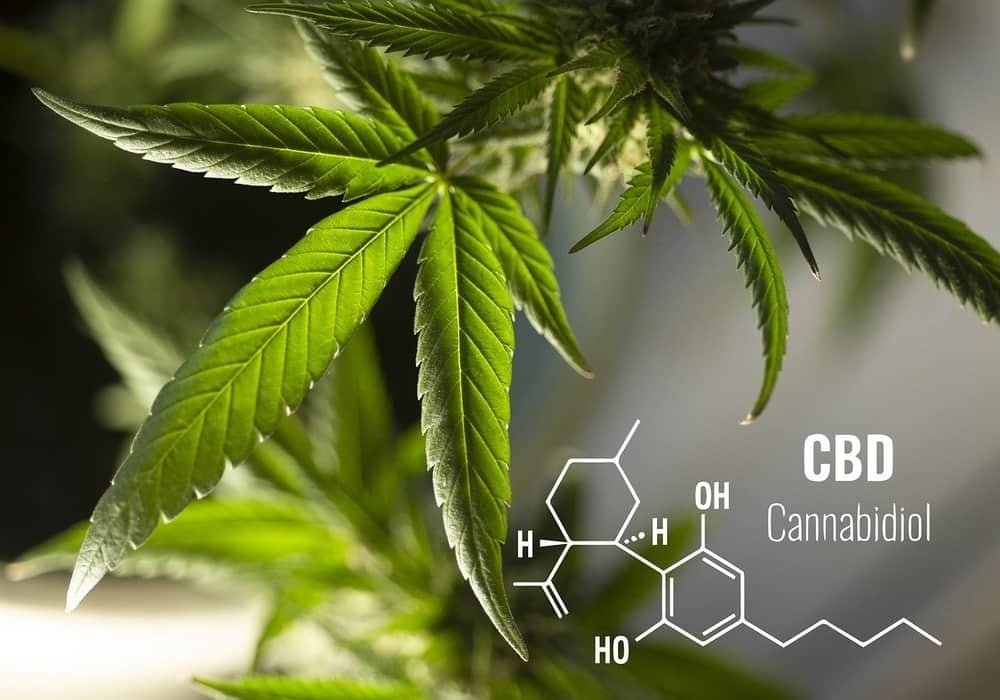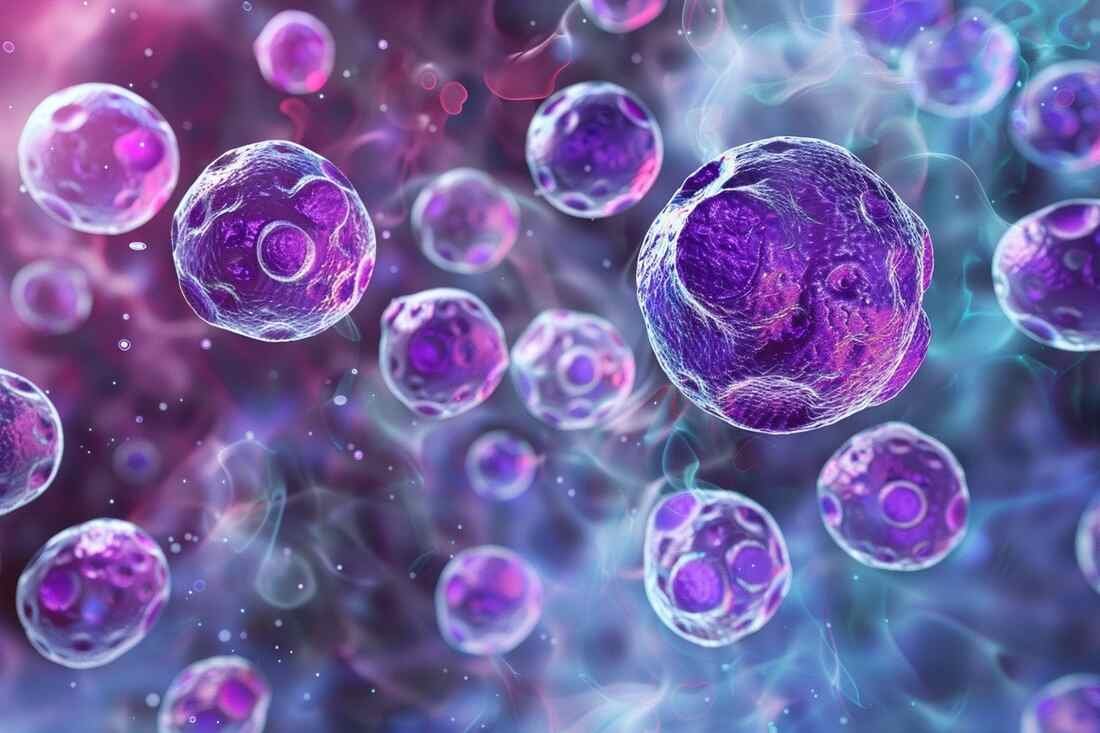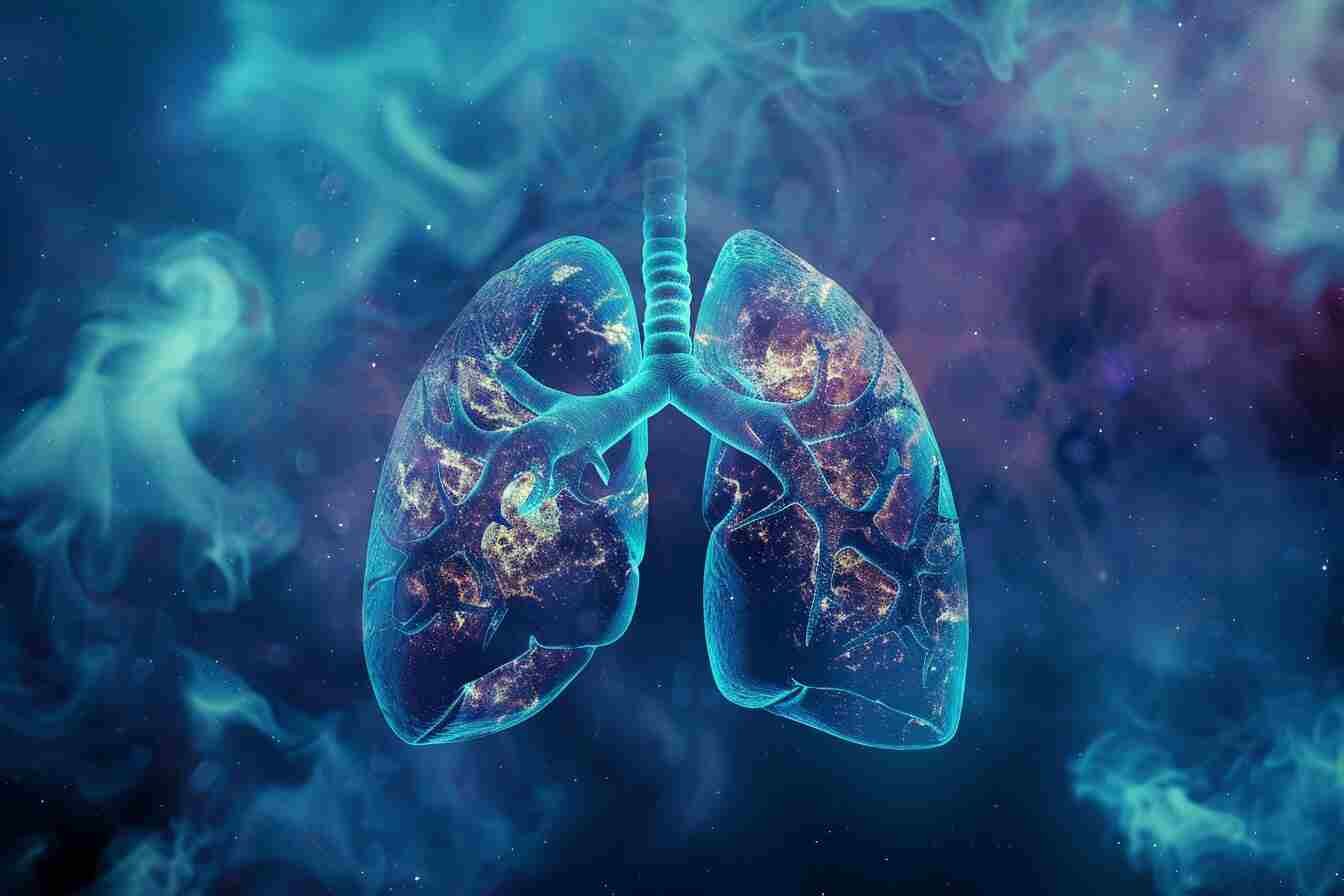Cannabidiol (CBD)
Cannabidiol (CBD) is a cannabinoid found in cannabis. CBD is an extremely lipophilic bicyclic phytocannabinoid. Medically, it is used to treat seizures, inflammation, anxiety, and nausea, as well as to inhibit the growth of cancer cells. It also has strong medical potential in relieving symptoms of dystonia and treating epilepsy, schizophrenia, social phobia, and autism spectrum disorders.
Consumption patterns
Cannabidiol sold since 2018 in shops and online sites has generated a new market and different ways of consuming it have appeared:
CBD Oil:
CBD oil is made by extracting the molecule from the cannabis plant by diluting it in a carrier oil such as coconut oil, olive oil, or hemp oil. It is available in the form of a bottle with a pipette, reminiscent of drip at different concentrations (from 5% to 20% on average). The rise of CBD around the world has generated a great demand for this product. It is advisable to remain cautious about the traceability and the manufacture of the oil and to choose the company where one wishes to obtain this product.
Dried flowers:
The dried flowers resemble those found on the black market for cannabis but only contain a legal level of 0.2% THC. They are intended to be infused in a fatty substance (such as milk or oil). The rate of CBD varies from 3% to 8-9% depending on the profile. Manufacturers add terpenes to give these flowers a variety of tastes.
CBD crystals:
The crystals are a CO2 extraction to isolate the molecule from the rest of the cannabinoids. They are used to create concentrated CBD products.
Is CBD Legal?
Cannabis in the United States, in the US, the main law is the Controlled Substances Act of 1970, which replaced the Marihuana Tax Act of 1937, declared unconstitutional by the Supreme Court. Since 2012, starting with Colorado, several dozen US states have legalized the recreational use of Cannabis.
Currently, the states in which cannabis is completely legal are:
- Colorado and Washington, as has been said, following the 2012 referendum.
- Alaska, Oregon and Washington DC also held a referendum in 2014, completely legalizing the use and sale of recreational marijuana.
- California, Massachusetts, Maine and Nevada participated in the November 2016 referendum.
- Vermont, on the other hand, was the ninth state to fully legalize cannabis and the first in the world to do so through parliament with the January 2018 executive order.
- Arizona: Arizona legalized recreational cannabis through Proposition 207 in November 2020.
- South Dakota: South Dakota is the first US state to simultaneously legalize medical and recreational cannabis, in November 2020.
More info about the legality of Marijuana in the US States
Other phytocannabinoids found in hemp
Hemp is a general term used for a variety of the cannabis plant and its products that include fiber, oil and seeds.
THC or Tetrahydrocannabinol
CBC or Cannabichromen;
CBL or Cannabicyclol;
CBV or Cannabivarol;
CBN or Cannabinol;
THCV or Tetrahydrocannabivarin;
CBDV or Cannabidivarin;
CBCV or Cannabichromevarin;
CBGV or Cannabigerovarin;
CBG or Cannabigerol.
The therapeutic effects of CBD on health
CBD marketers tout the hemp-extracted molecule in a lot of ways, but it’s important to rationalize and take these chanted benefits with caution. As Drogues Info Service points out: “There are still too few clinical studies to assess the effects of cannabidiol on humans, most of the studies having been carried out on animals. Their results should therefore be viewed with caution.”
The calming effects of CBD give it a mild anxiolytic action, making it useful in the fight against anxiety disorders1;
Consuming the cannabinoid may have effects on reducing nausea and vomiting. In 2010, a study showed that Sativex®, a drug that contains as many levels of THC as it does CBD, given in addition to standard anti-vomiting therapy helped reduce nausea and vomiting associated with chemotherapy. However, this is the only study and it is not known whether CBD alone could have this effect;
Beneficial effects against certain forms of epilepsy (Lennox-Gastaut syndrome and Dravet syndrome) have also been observed with the drug Epidiolex® indicated in these cases;
Several studies suggest that consuming cannabidiol could improve the quality of life of people with Parkinson’s disease;
In 2017, a study conducted in both animals and humans showed that the group of volunteers with schizophrenia who received doses of CBD had fewer hallucinations and delusional phases than the group who took a placebo, suggesting antipsychotic effects;
Regarding the benefits on anxiety and sleep disorders, Drogues Info Service believes that “the studies contradict each other”.
What side effects?
Regarding side effects, here too, official data conducted other than on animals or In Vitro is lacking. In 2017, a study from the journal Cannabis and Cannabinoid Research reported that as part of treatment for epilepsy and psychotic disorders, taking CBD could cause fatigue, diarrhea and loss of weight and appetite.
Photo source: Pixabay



